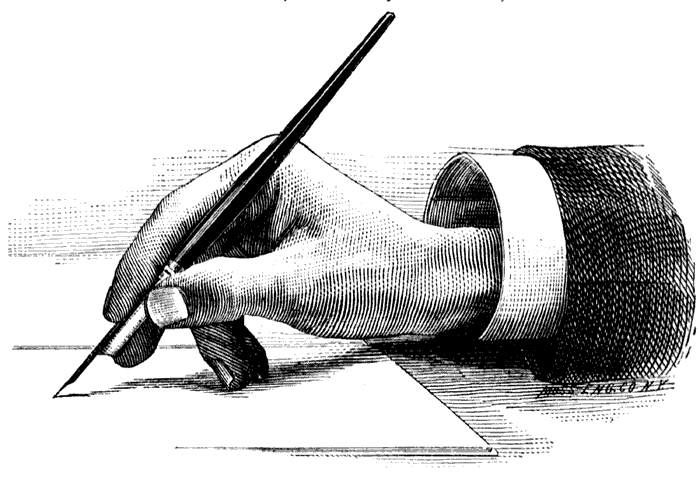On Reader Mail, The Skill of the Roll
Ryan writes in,"I do have another question though. In games without things like perception, players must skillfully decide what to spend their time investigating. This is all fine and well. However, when it comes to things like secret doors and traps why is there still a roll after the player has used both their skill and time to investigate something that ultimately is chance?"
Misunderstanding, perhaps?
This is completely understandable, if you move to classic D&D from a version with a search check. Why the very existence of this rule seems baffling!
Why is there a roll to find secret doors?
Here is the pedantic information: Old games centered around dungeons. These dungeons were vast, mostly empty, and had a very high percentage of secret doors. Often, the secret doors connected two areas that you could just walk to by going around to the outside of the room.
What was the point?
I have two answers for this: first, how secret doors were used classically; secondly, how I use them today.
Classic: Dungeons were mostly empty, filling most of a sheet of paper solid, having half a dozen or so 'special' rooms, and the contents mostly being defined as entries on a wandering monster table. Dungeons were not 'adventure sites', they were underground battlefields. In this situation you would search for secret doors for two reasons. One, to have access to mobility and control over the battlefield ("Oh shit, we flee from the trolls and run into this room and out the secret door to evade them."), and two to gain early access to other areas of the dungeon (i.e. "we've explored all we can here, but there's still probably something down in this corner, and we don't want to go through the hobgoblin camp to get there"). Secret doors also helped the Dungeon Master, by providing alternate routes for the movement of wandering monsters.
In this case, player skill wasn't used to find secret doors. It was a mechanical rule of the game that allowed the players to spend resources, to gain an advantage and solve problems in an indirect way. The resources being light, spell durations, and wandering monster risk. The skill was in decoding the map to understand where they were, and selectively using it in a way that minimized resource expenditure.
Classicly, you could use both choice and character skill to discover traps (sending
Modern: I create mechanisms via which secret doors are triggered. It is certainly possible for players to locate a secret door, and still not have or understand the means by which it opens. The areas, along with the secret door triggers, are designed to present a challenge for the players. Spending time looking for the secret door will just confirm that one is there, for the same cost paid in earlier games. The real challenge comes in trying to discover the trigger and how to open the door.
The person running the game must have no preconceived notion of what should or should not happen. The secret doors should always be optional (truly the entire everything in the game should be optional and player driven) and should never create a situation where nothing can continue until the passage forward is discovered. This allows the doors to have a specific solution in order to open them without it being pixel bitching.
Regarding traps, currently, if there is a trap in a room or corridor, there is always some sign of it given (if it would leave a sign, and it usually does.) As for doors and chests, if a player asks I just go ahead and tell them truthfully if it's trapped. They have to remember to ask though.
In conclusion the secret door roll is a mechanical feature of games, much like the chances to bash down a door or the frequency of wandering monster checks. It is a game mechanism with a cost that can be activated by the players. The key feature is that it is one of the moving parts of a game, rather than a character ability, characterized by it never increasing and being tied to permanent, non-changeable, selections like race.
I think there's a large swath of games history where the issue of secret doors and traps is designed pretty incoherently. I think it works quite well in the original system, and am finding the modifications I've made to the way I run traps and secret doors working out fantastically now, but --
How it was supposed to work in 1986? Errrrr. . . 2001? Hmmm. . . .
Speaking in a generalization, those eras were characterized by searches being down to character skill. Lots of rolling, few costs for doing so. Designs were very linear, so secret doors either hid treasure or blocked the completion of the module. There were methods for addressing this (take 10, etc.) but were fairly uninteresting for the participants. At that point, the roll was the game, and the role of the player was minimized.
If you have any questions of your own you'd like answered, message me on Google Plus, or give me an e-mail at campbell at oook dot cz


0 komentar: